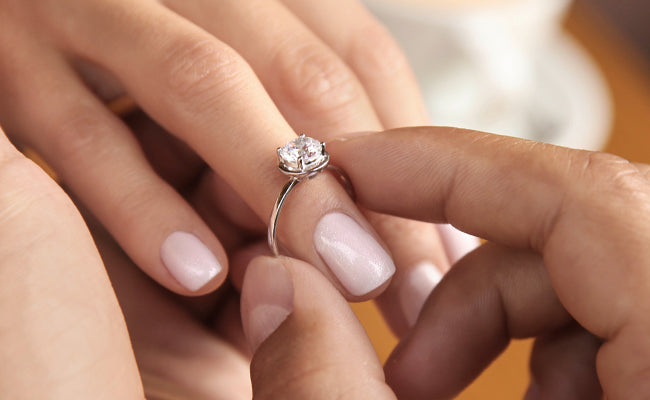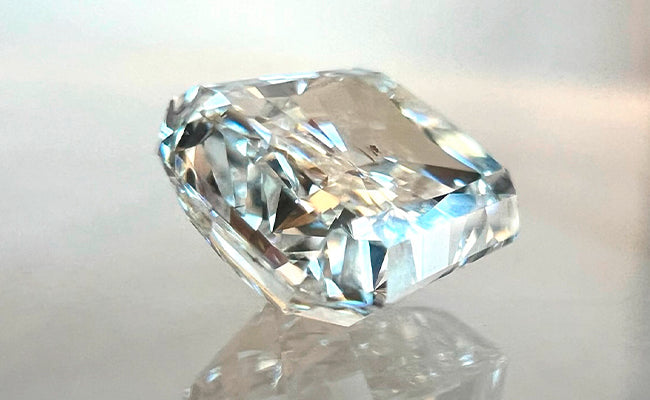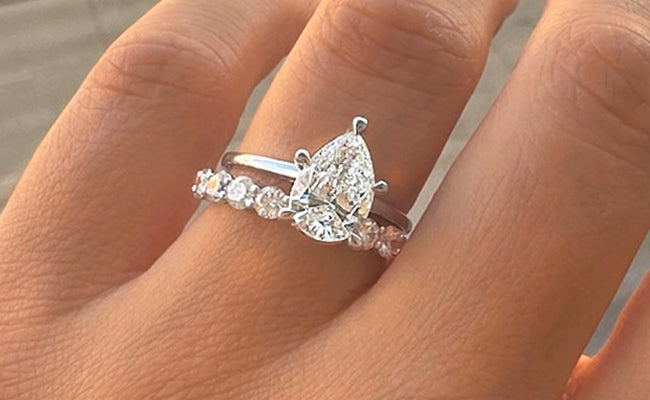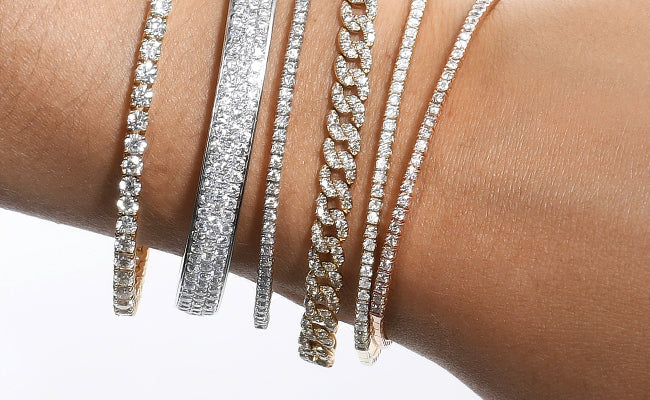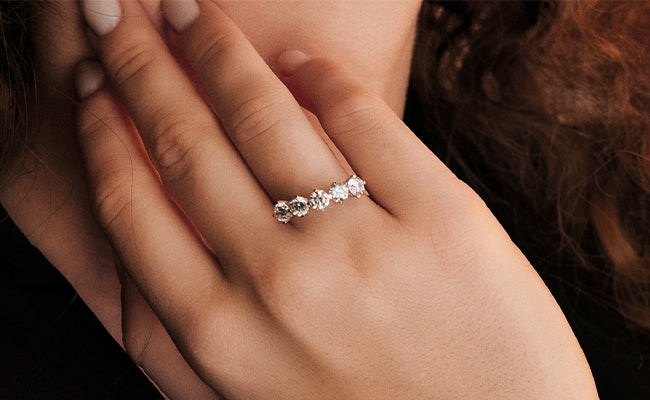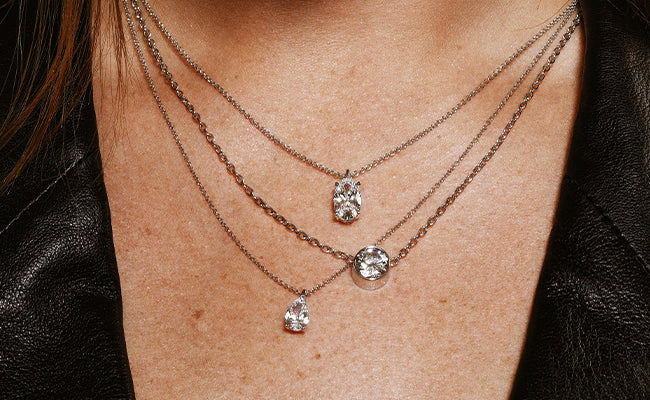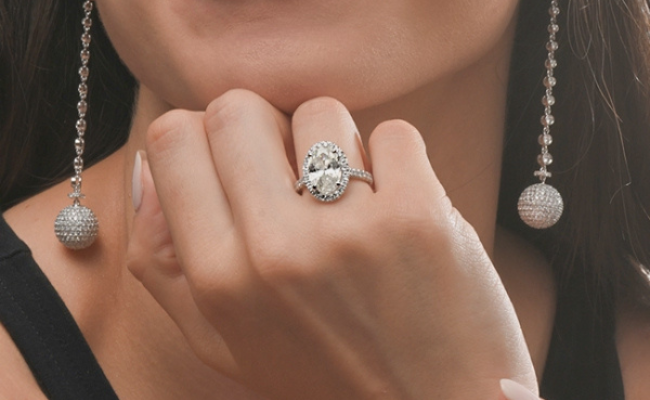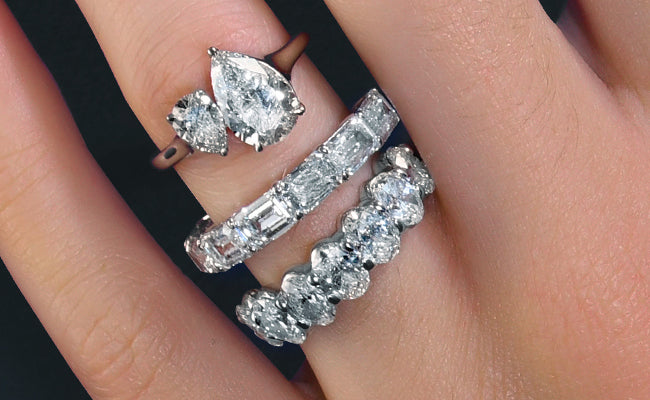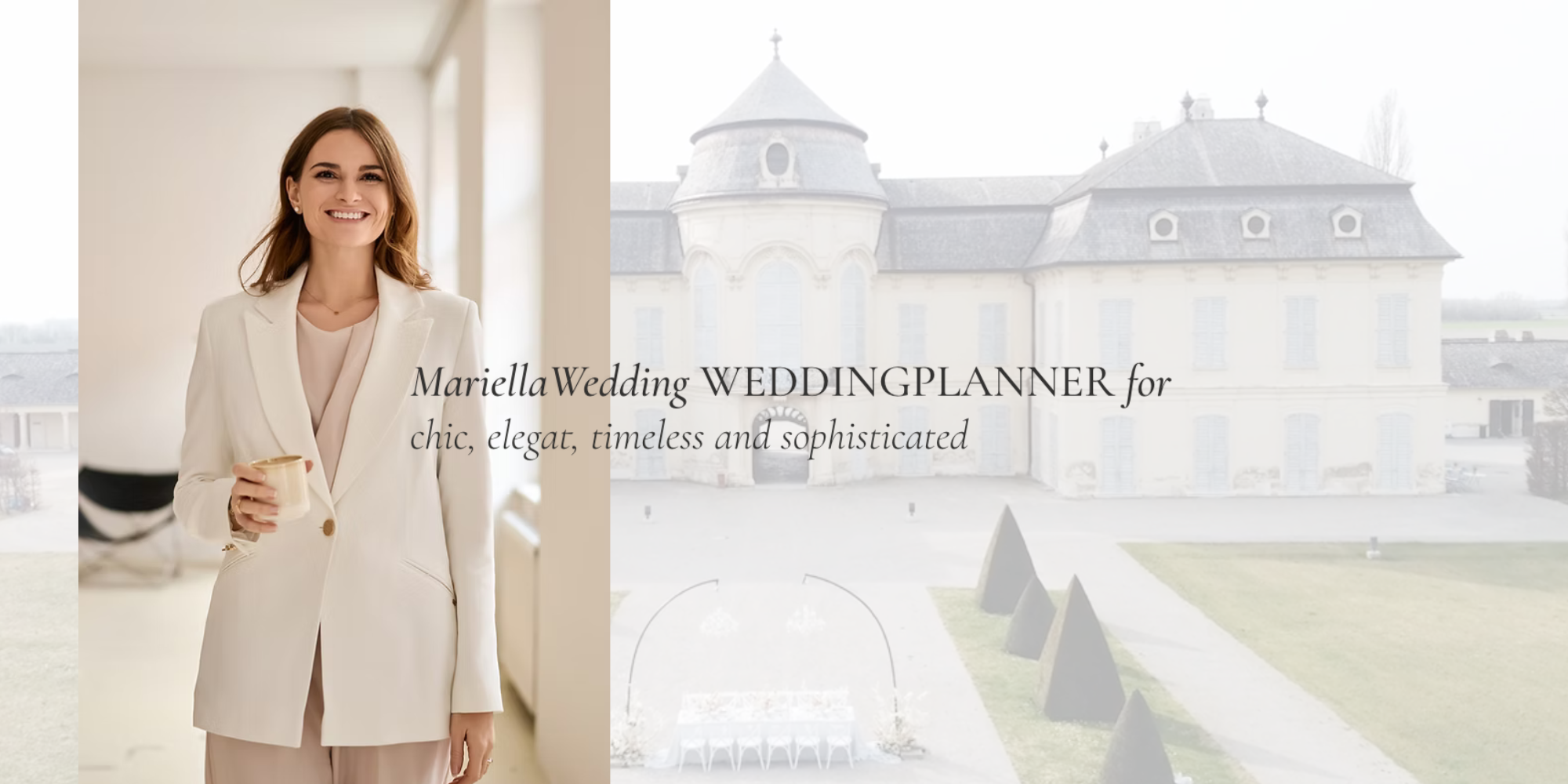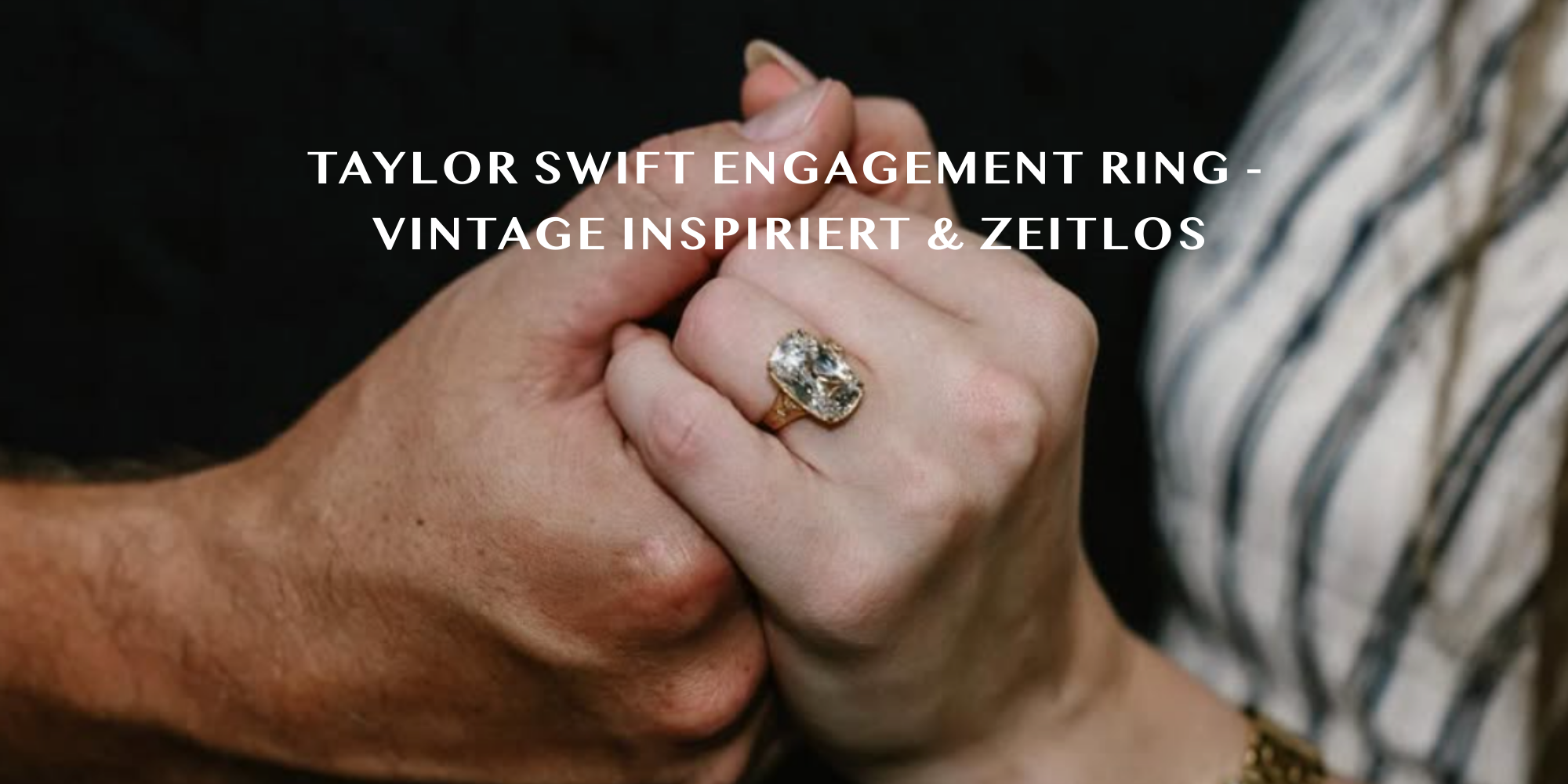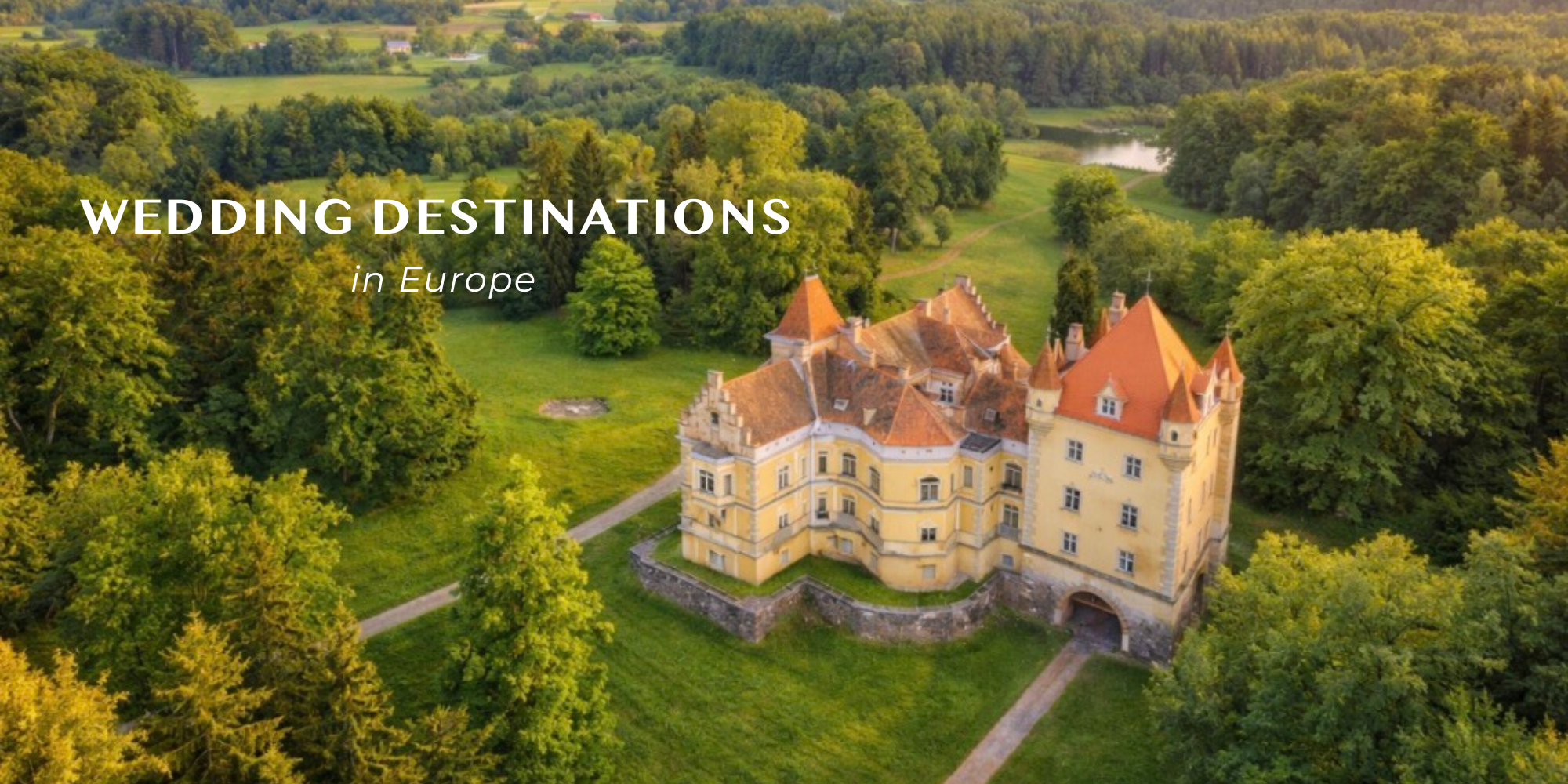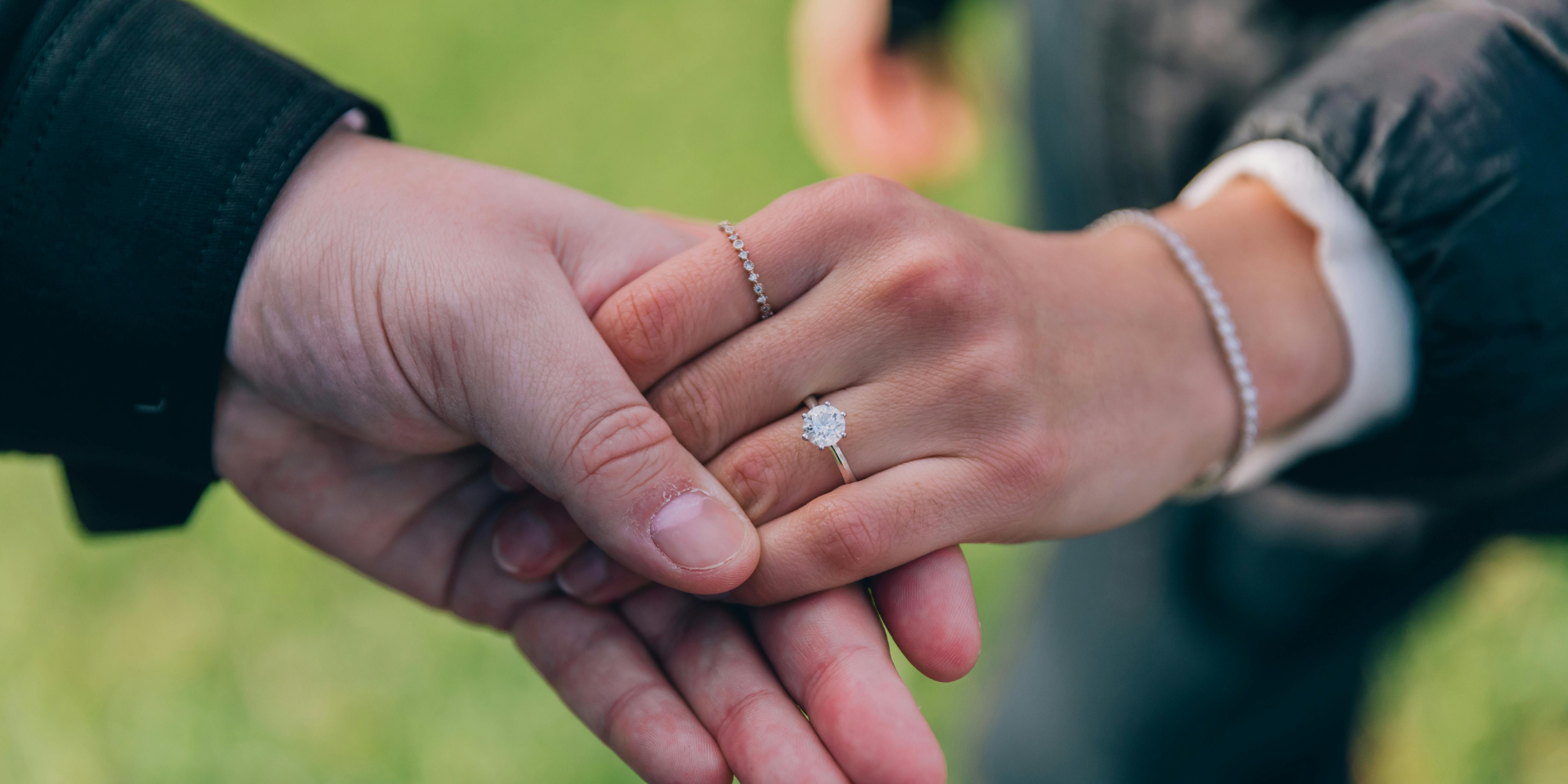💎 The 4Cs of diamond buying: What you should really pay attention to – especially with larger stones
If you're looking to buy a diamond—perhaps for an engagement ring, as an investment, or simply because you want to treat yourself to something special—then you've probably already come across the famous 4Cs : cut, color, clarity, and carat weight .
But which of these really matters—especially when it comes to a larger stone ? This post will tell you what to look for when buying to get the best sparkle and the biggest impact for your budget.
🔍 The 4Cs simply explained
1. Carat – the weight of the diamond
-
The higher the carat weight, the larger the stone – and the rarer and more expensive.
-
But: A large stone alone is not impressive if the cut is poor.
-
Prices rise sharply, especially from about 1.5 carats upwards – even small differences in quality are noticeable.
2. Cut – the finish (the most important criterion)
-
The cut largely determines how much a diamond sparkles.
-
Even a high-purity, colorless diamond can appear dull if the cut is poor.
-
An excellent cut (e.g. GIA "Excellent") makes even a slightly lower color or clarity shine.
-
💡 Our tip: If there's one thing you shouldn't skimp on, it's the finishing touches.
3. Color – the color
-
The color scale ranges from D (absolutely colorless) to Z (clearly yellowish) .
-
With larger stones, a yellow tint is more quickly visible.
-
DF is considered colorless, but is also significantly more expensive.
-
Recommendation: Stones with color grades G–H still appear colorless in most settings, but cost significantly less.
4. Clarity – purity
-
Clarity describes inclusions in the stone – often microscopically small.
-
From VS2 (Very Slightly Included) onwards, inclusions are usually not visible to the naked eye.
-
You don't have to pay for flawless stones (FL or IF) if the inclusions aren't visible.
📏 What is particularly important when it comes to large stones?
-
In diamonds over 1.5 carats, color and inclusions are more noticeable than in smaller stones.
-
It is therefore worthwhile to maintain a certain minimum standard in terms of color and purity .
-
However, the cut remains the most important criterion – a bad cut can make even a flawless stone appear dull.
-
Additionally, you should pay attention to fluorescence when it comes to large stones – it can affect the optical effect depending on the light.
🥇 What's most important? – The 4Cs in comparison
| priority | criterion | Why? |
|---|---|---|
| 🥇 |
Cut |
Brings the diamond to life – essential for sparkle. |
| 🥈 | Color |
Especially visible with large stones – G/H are often an ideal compromise. |
| 🥉 | Clarity | As long as the stone is eye-clean, you can save money here. |
| 🎯 | Carat (size) | Impressed – but only if the quality is convincing. |
💬 Personal tip
If you are looking for an impressive stone without breaking your budget, we recommend the following combination:
Excellent cut , color G or H , clarity VS2 or SI1 , provided the stone appears clean to the naked eye.
This gives you a diamond that sparkles, shines – and is equally impressive for connoisseurs and laypeople.
- Copyright cover image: Canva -


